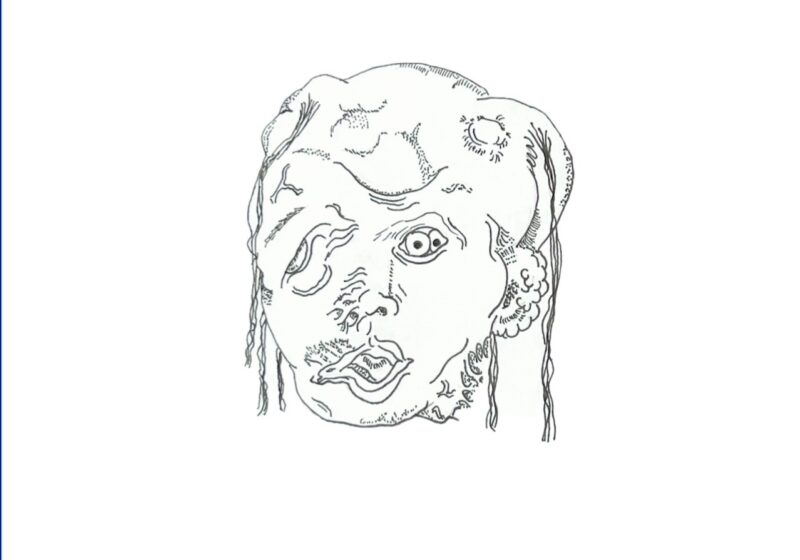“It begins with a script, and it ends with putting the music to it.”
This was how screenwriter John Richards described his and film and TV composer Mark Water’s roles as bookends for the filmmaking process
The pair discussed filmmaking and the complexity of making art in a well-attended conversation in Morey Hall.
Watters isa six-time Emmy winner, most recently for the score of the 2007 film “Movies Rock”. Richards, meanwhile, is a Cannes award winner, for the screenplay of the 2000 film “Nurse Betty”.
They both traveled messy routes that eventually led them to the film industry. Success was not immediate for either visitor. Moving to Los Angeles as a young Bohemian, Richards worked 25 odd jobs before one of his screenplays was produced. Watters graduated from the University of Southern California with a degree in classical saxophone and spent a few years struggling to make ends meet.
The artists reflected on the steps they took to achieve their dreams.
“The contact I had with people fed my growth as a writer,” Richards said, “and helped me grasp how human behavior works out.”
Watters commented on the harshness of tapping into show business as a fledgling artist, noting that “anytime an artist shows their work, they stick their neck out, and everytime someone takes it in, they have a right to chop it off.”
“You have to be comfortable with that,” Richards agreed. “To be an artist, you have to be sensitive and intuitive, but you also have to have thick skin.”
They also touched on the importance of failure. “Don’t be afraid to make a mess,” Richard told the audience. “You have to start somewhere. . . do not hold back because of the criticism you might get.”
Watters remarked that filmmaking is an ever-changing medium and that what’s popular now will not be popular in the future. Ultimately, what matters is that members of the creative community want to make good films. “There is always a place in this business for great storytellers. You can create something radically new,” Watters said.
The messiness of the process stems from the necessity of working with others, according to Richards, who pointed out that screenwriters and composers don’t have the same autonomy as other artists. “You have to serve two masters: the project and yourself,” Richards said.
Both discussed how much of their work was thrown out by directors, producers, and actors, and that not every day was satisfying.
“We’re both on the artist side of the fence,” Richards said, “and if it does become a job, then you’re dead.”
Both Richards and Watters seemed attracted to the mysteries of their art forms.
On storytelling, Richards said, “There’s always an empty space where you don’t know what’s going to happen.”
“Music notes rub together and make emotion,” Watters said. “I hope we never figure out why that happens.”



